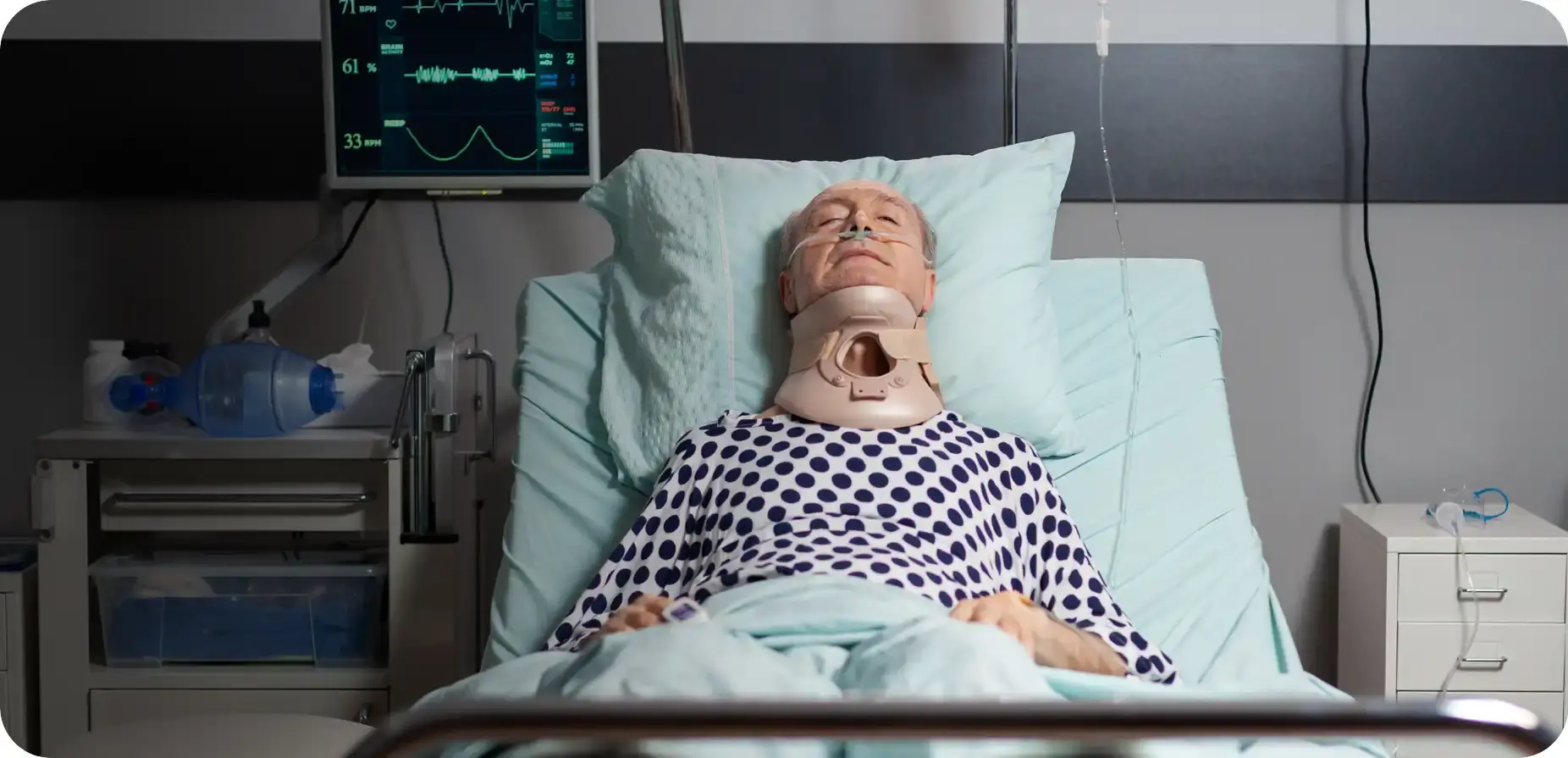
He Was
Incapacitated,
I Was Useless
Randy never saw it coming. One moment, he was driving home—the next, a drunk driver crossed the median. The impact was devastating. At the hospital, machines kept him alive. He was unconscious, completely incapacitated. The doctors had urgent questions, but Randy couldn’t answer.
His brother, Nate, knew there was a medical directive. They had talked about it before. But knowing it existed and knowing where to find it were two very different things. Nate searched Randy’s home, dug through files, called family members—nothing.
Meanwhile, doctors needed decisions.
Randy never saw it coming. One moment, he was driving home—the next, a drunk driver crossed the median. The impact was devastating. At the hospital, machines kept him alive. He was unconscious, completely incapacitated. The doctors had urgent questions, but Randy couldn’t answer.
His brother, Nate, knew there was a medical directive. They had talked about it before. But knowing it existed and knowing where to find it were two very different things. Nate searched Randy’s home, dug through files, called family members—nothing.
Meanwhile, doctors needed decisions.


Should they proceed with certain procedures? What were Randy’s wishes? Who had legal authority to decide? Nate’s mind raced. Was he even allowed to make choices? Did Randy want every possible treatment? Did he want something else?
The weight of uncertainty was unbearable. Every minute searching was another minute of helplessness. Hospital staff needed answers, and Nate had none. Frustration turned to panic as time passed. The doctors hesitated on procedures they might not have permission to perform.
Should they proceed with certain procedures? What were Randy’s wishes? Who had legal authority to decide? Nate’s mind raced. Was he even allowed to make choices? Did Randy want every possible treatment? Did he want something else?
The weight of uncertainty was unbearable. Every minute searching was another minute of helplessness. Hospital staff needed answers, and Nate had none. Frustration turned to panic as time passed. The doctors hesitated on procedures they might not have permission to perform.
Administrators needed documentation Nate couldn’t provide. Every conversation was the same—"Do you have legal authorization?" He didn’t.
Three days later, Randy woke up. Relief flooded Nate, but the fear lingered. For three days, he had been useless when it mattered most. If things had gone differently, what then? No one thinks they’ll be in that position—until they are. And by then, it’s too late.
Administrators needed documentation Nate couldn’t provide. Every conversation was the same—"Do you have legal authorization?" He didn’t.
Three days later, Randy woke up. Relief flooded Nate, but the fear lingered. For three days, he had been useless when it mattered most. If things had gone differently, what then? No one thinks they’ll be in that position—until they are. And by then, it’s too late.